COVID-19 and the Alarming Water Crisis
2021-08-04
The global water crisis has reached a critical stage. As the COVID-19 pandemic gathered speed around the planet, the water crisis has accelerated, too. It has been established that frequent hand-washing is one of the most effective defences against the virus. In fact, we are washing not just our hands, but our clothes, fresh produce, and other home articles more frequently, too.
Even in places where water is not yet scarce, the consumption has gone up to levels that may lead to its exhaustive depletion, with some data indicating that water consumption has increased 1.5 times. According to Gilbert F. Houngbo, a member of the United Nations Development Programme, as many as 5.7 billion people could be living in areas where water is scarce for at least a month a year by 2050, creating unprecedented competition for water.
It is important for us to remember that in fighting one crisis, we don’t worsen another. Here are a few things we can do to ensure responsible consumption of water while protecting ourselves from the virus.
While washing one’s hands for the recommended 20 seconds, ensure that you do not leave the tap running.
As much as possible, use environment-friendly, biodegradable cleaning agents such as vinegar and baking soda to clean vegetables, surfaces, and utensils, so that the water is not contaminated by harsh commercial detergents.
Consider using an ozone-powered fruit and vegetable detoxifier to cleanse your fresh produce. The iLiv water system comes with an in-built detoxifier which detoxifies fruits and vegetables within minutes. Click here to know more.
With many people choosing to work from home, cars are being used less frequently. Limit washing your car or driveway to twice a week, or as required.
Instead of washing everything that you bring home from the grocery store, consider isolating dry, non-perishable groceries for a few days before using them.
Focussing on consuming water-rich foods like cucumbers, tomatoes, spinach, broccoli, sprouts, etc. These are better for you and better for your water too.
Implementing these simple changes at a household level will ensure your water footprint does not expand inordinately while trying to keep your family safe from coronavirus.

The Role of Alkaline Water in Digestion: Why Switch to iLiv Alkaline Machine?
2025-01-06

How does Alkaline water help balance pH levels in the body?
2025-01-06
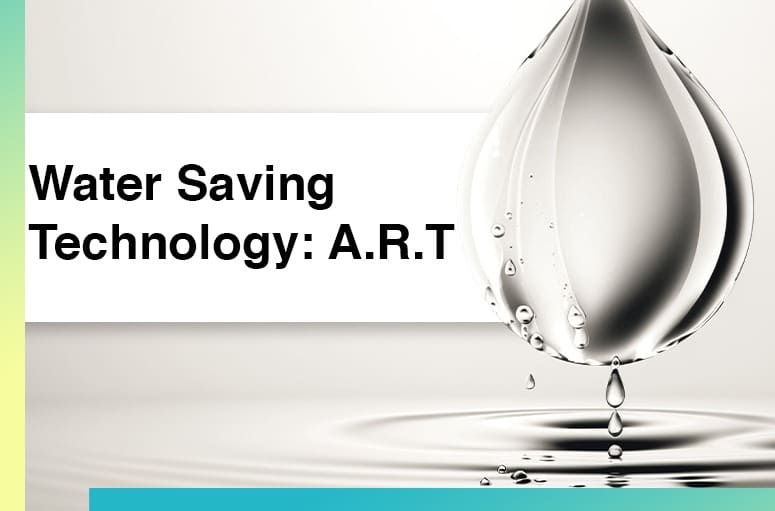
Water-Saving Technology: Aqua Reverse Technology (A.R.T)
2023-12-19

Should Athletes Drink Alkaline Water?
2023-12-19

What are the effects of hydrogen-alkaline water on your body?
2023-12-19
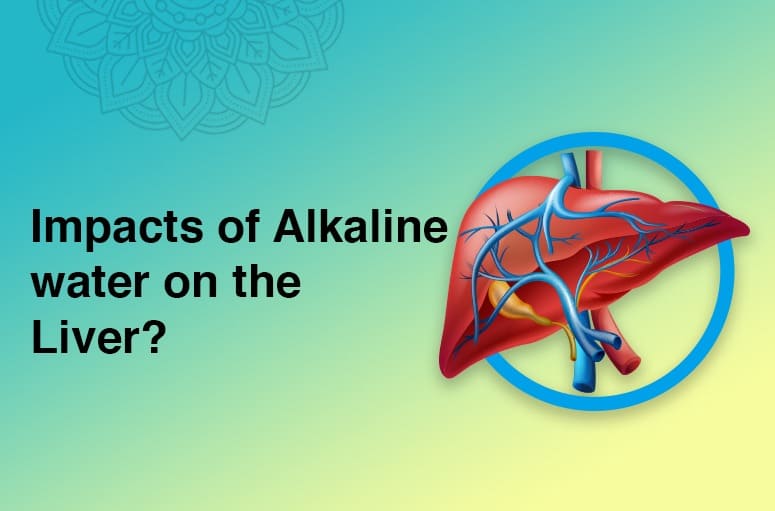
Impacts of Alkaline water on the Liver
2023-12-19
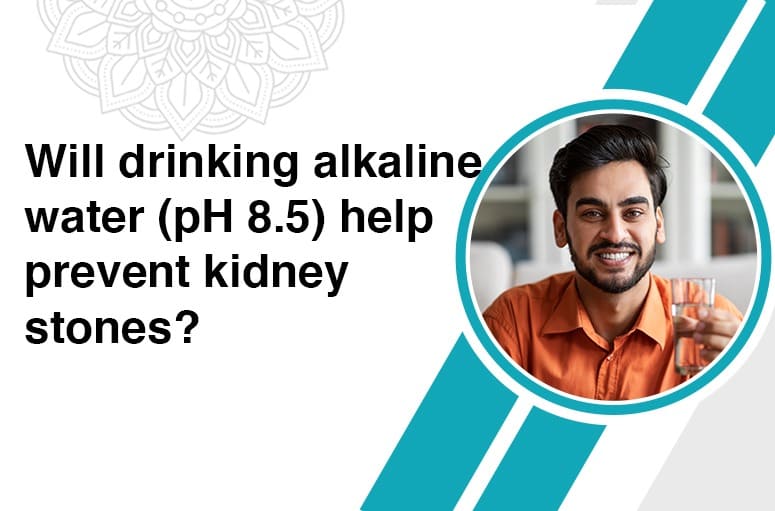
Will Alkaline Water (pH 8.5) help prevent kidney stones?
2023-12-19
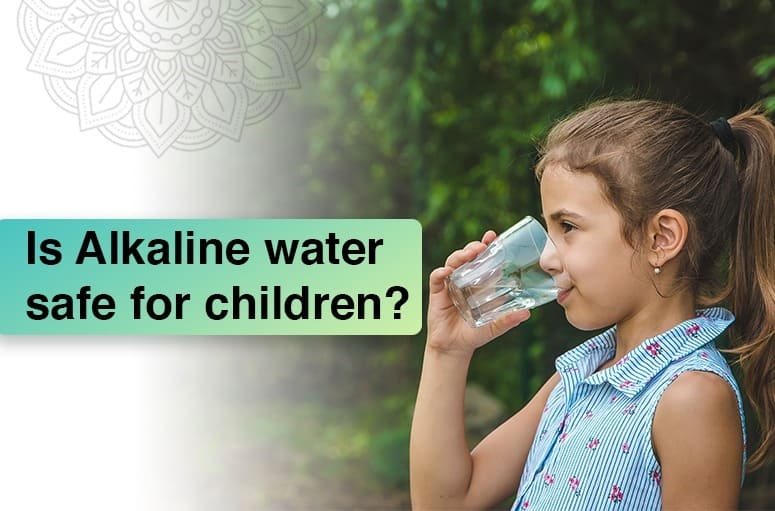
Is Alkaline Water Safe for Children?
2023-12-14
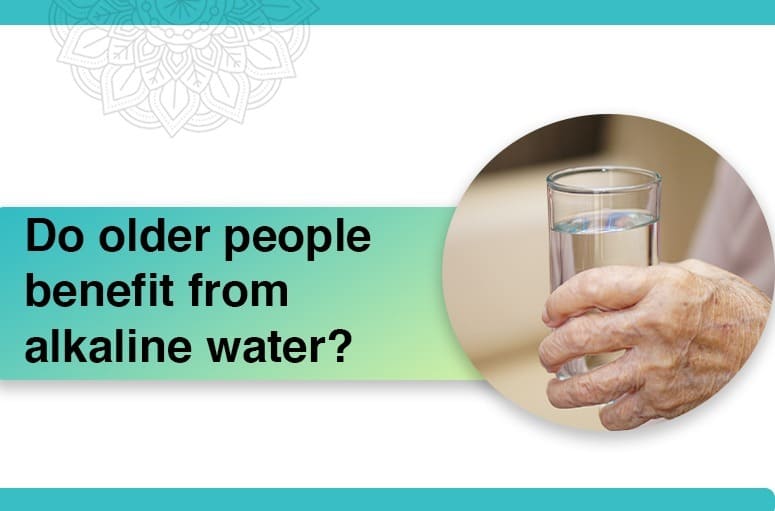
Do Older People Benefit from Alkaline Water?
2023-12-14

What benefits do we get from drinking alkaline water over normal water?
2023-12-11